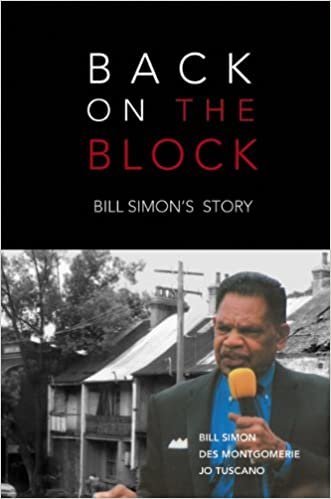Lynda Holden was eighteen, unmarried and pregnant when she visited a doctor in Manly in 1970. He handed her a piece of paper with an address, a Catholic Home where girls waited out their pregnancies. He didn’t ask her about her family, the baby’s father, people who might support her, or any other questions.
‘This is where you have to go,’ he said.
And so she did. That decree by the doctor changed Lynda’s life forever. Decades later, the truth would come out, leaving her devastated and ready to take up the fight for justice for herself and all the other women who were told lies about what happened to their babies.
Available from Hardie Grant, Amazon,
and Booktopia.
With What I Have Left
With What I Have Left is the life story of my friend, Melissa James, once a high-flying corporate until she lost everything when her life and career were cut short by Cerebral Atrophy. Her life went from earning six figures, international travel, a house and a husband to sleeping in her car, alone. As she worked with a psychologist, she realised some hard truths about her family of origin, her mother’s shocking cruelty, and why she made terrible decisions. Two psychologists believe Melissa’s mother had Munchausen by Proxy of a psychiatric type– she wanted her daughter to be mentally ill. Her mother also wanted Melissa’s husband. (Munchausen’s by Proxy is now called FIDA, Factitious Disorder Imposed (on) Another.) One of the ways Melissa coped was to talk to her disease. These conversations, sometimes calm, sometimes angry, sometimes despairing, and philosophical, helped her through the different stages of coming to terms with the future. Her story illustrates the capacity of the human spirit to survive and find meaning in the time that’s left.
Available from New Holland Publishers, Booktopia and Dymocks.
In the Summer of 1971, a child goes missing. The police canvass two possibilities – drowning and abduction. A tight-knit community turns on itself, friendships are ruined, and some people’s secrets are about to be exposed. Twenty-eight years later, Siobhan Montrell returns to Rachley Island, the place where it all happened. She has always blamed herself for her part in the tragedy, but going back, she discovers there is more to the story than what she’s always believed. The River Child is a story of grief and guilt, deceit and secrets and ultimately forgiveness.
Available from Odyssey Books, Amazon, Booktopia and Dymocks.
Written by Bill, Des Montgomerie and Jo Tuscano, this insider's story recalls the life of a stolen child who grew up to be an angry, addicted young man, only to eventually undergo a life-changing transformation into a compassionate pastor.
With humanity and hope, however, the chronicle shows how Bill turned his poisoned life around and now helps members of the Stolen Generations discover their voice, find their place, and put their pain to rest.
From his home on the Block in Sydney’s Redfern — one of the most contentious and misunderstood places in Australia — Bill Simon tells the truth about life in one of Australia’s most notoriously abusive juvenile institutions and offers important insight into the brutality of the government's policy of assimilation.
“This is a frank ‘insider’s’ story of a stolen child who becomes an angry addicted young man and then through a life-changing conversion, the compassionate pastor of his people on The Block, Redfern. Bill Simon tells his story with humanity and hope. It needs to be widely read by Australians as a window into the challenges faced by our indigenous men. I commend Bill for his courage and honesty.”
— Tim Costello, Chief Advocate, World Vision Australia







